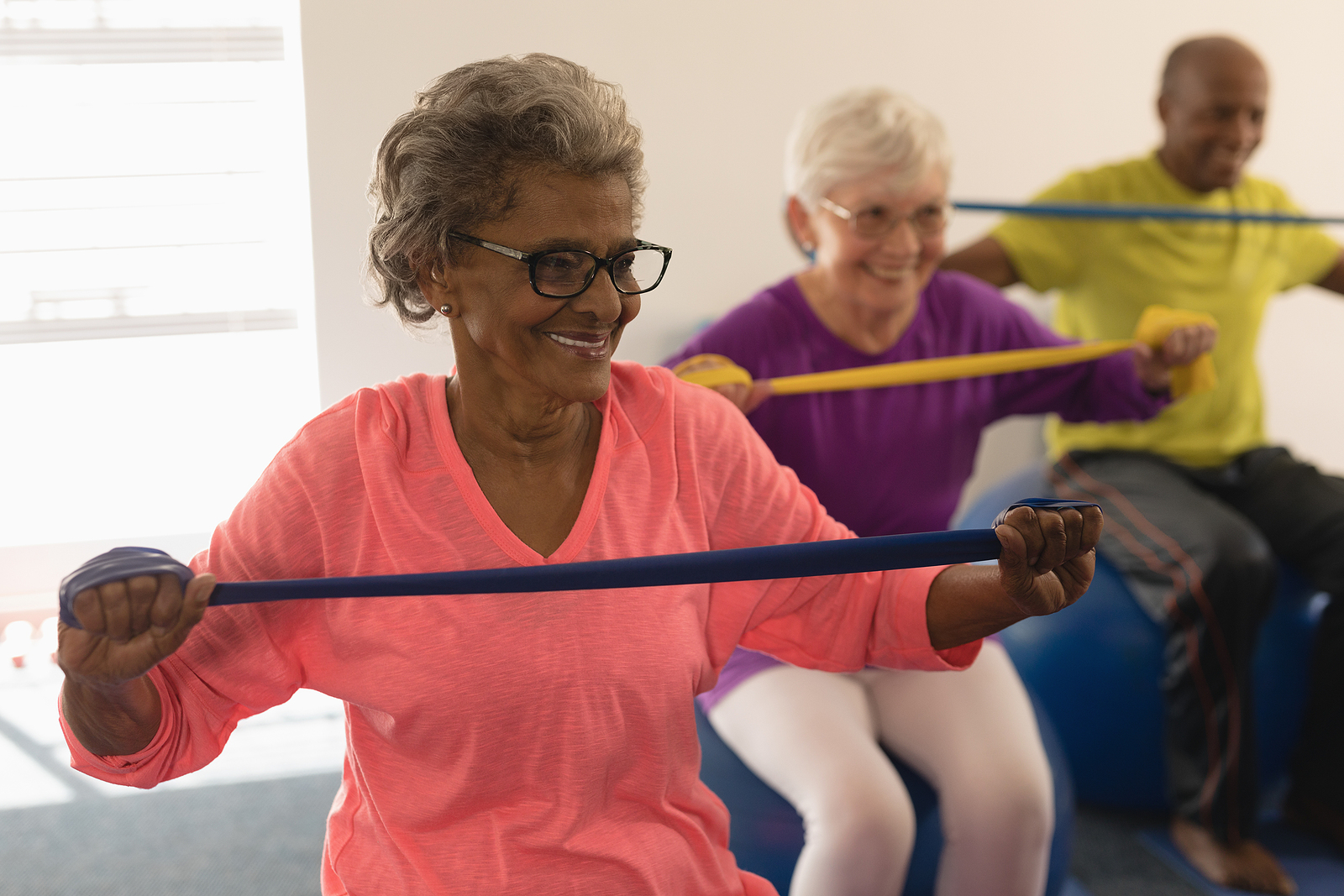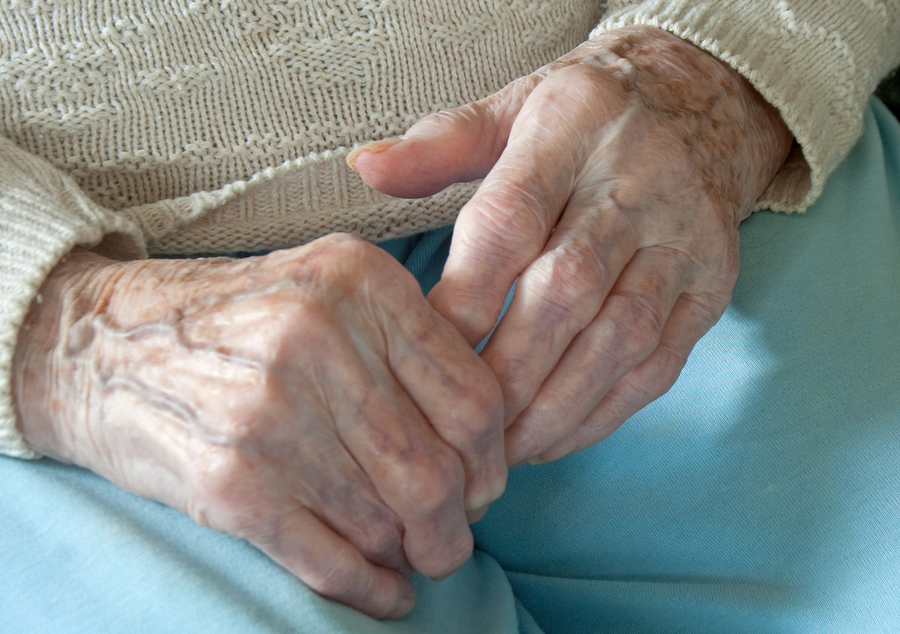Millions of people worldwide suffer from arthritis, a common ailment among the elderly. It can cause discomfort, stiffness, and decreased movement, which can have a major negative influence on their quality of life. However, seniors can effectively manage their arthritis and continue to lead active lives with the correct care and treatment approaches. Here are a few things to know about living comfortably with arthritis, and how home care can help your senior accomplish this.
Understanding Arthritis
Inflammation of the joints is referred to as arthritis. Rheumatoid arthritis and osteoarthritis are the two most prevalent forms of arthritis among seniors. Osteoarthritis, which results from the gradual deterioration of the cartilage that cushions the ends of bones, causes pain and stiffness. In contrast, rheumatoid arthritis is an autoimmune disease in which the immune system unintentionally targets the joints, leading to inflammation and destruction.
Strategies for Care and Treatment
Home care can assist seniors in many ways as they struggle with arthritis. The way they assist depends on each senior’s needs. Some of the strategies they may use include the following:
Management of Medication: Ibuprofen and naproxen are examples of nonsteroidal anti-inflammatory medicines (NSAIDs) that can help lessen arthritis pain and inflammation. At the same time, acetaminophen is an analgesic that reduces pain without increasing inflammation. For rheumatoid arthritis, disease-modifying antirheumatic medications (DMARDs) are used to reduce the disease’s progression and maintain joint function. It’s essential for seniors who want to properly manage their arthritis symptoms to collaborate closely with their healthcare providers and choose appropriate medications and dosages.
Exercise and Physical Therapy: Joint strength, range of motion, and flexibility can all be enhanced with physical therapy. Additionally, walking, cycling, and swimming are examples of low-impact exercises that are easy on the joints and can support the maintenance of general fitness. Home care can encourage seniors to get moving, as well as move right along beside them when needed. Even simple stretching can increase joint mobility.
Assistive Technology and Adaptations: Canes, walkers, and braces are examples of assistive technology that can offer stability and support, lessening the burden on arthritic joints. Loved ones may also consider installing grab bars, handrails, and raised toilet seats, among other home environment modifications that can improve accessibility and safety for seniors with arthritis. For added support, home care can evaluate seniors’ living environments and suggest changes to facilitate and ease daily tasks.
Pain Reduction Methods: Beyond medication management, there are other ways to help seniors ease the pain of arthritis. For instance, warm baths or heating pads are examples of heat treatments that can help ease joint discomfort and relax muscles. Also, ice packs or cold compresses as part of cold treatment help numb sore joints and lessen inflammation. Home care may even introduce relaxation techniques, including deep breathing, meditation, and guided imagery.
Seniors with arthritis may face difficulties, but they can still enjoy active, satisfying lives if they receive comprehensive care and treatment. Home care can help them effectively manage their arthritis symptoms and preserve their independence by implementing pain management techniques, assistive equipment, physical therapy, medication management, and more into their daily routines. Additionally, seniors with arthritis must collaborate closely with their medical professionals to create individualized treatment programs that take into account their particular requirements and preferences.
Sources:
https://www.cdc.gov/arthritis/basics/management.htm
https://www.mayoclinic.org/diseases-conditions/arthritis/in-depth/arthritis/art-20046440
https://canohealth.com/news/blog/5-tips-for-treating-osteoarthritis-in-the-elderly/
If you or an aging loved one is considering home care in Alamo, CA, please contact the caring staff at Golden Heart Senior Care of Walnut Creek. (925) 203-3039.


